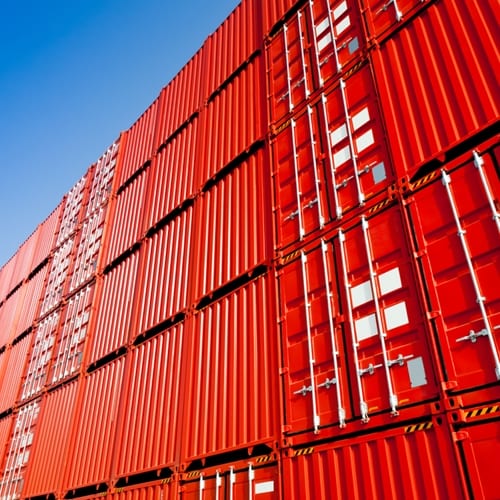During the winter months, ice in shipping lanes can prevent cargo vessels from passing on their normal routes and completing work on schedule. Over the long term, vessel, crew and cargo may be subject to exposure hazards, depending on the severity of the conditions.
This year, the Great Lakes have been stopped up with frozen waters and the amount of time that boats are able to travel could be shortened as a result. The New York Times reported that both the United States and Canada are trying to deal with the implications of having vast amounts of cargo stuck in one place for so long. One ship, the Arthur M. Anderson, was forced to return to port without making its scheduled pickup because the ice in Lake Erie was so treacherous.
Even with icebreaker vessels on call to help clear a path, ships face the possibility of significant delays. Statistics reported by the source show that the ice cover in the region is slightly lower than last year, but still higher than 89 percent.
In an article for the Toronto Star, the CEO of the Canadian Shipowners Association, Robert Lewis-Manning, described the greater impact of the icy weather.
"It is stop-and-go about how the Coast Guard may be able to respond to the conditions in a week's time," he said. "We need predictability and reliability for customers who are shipping. This doesn't just affect the ship owners. It affects the supply chain." He also agreed with an action postponing the opening of the St. Lawrence Seaway, saying there was "no point sitting in ice."
Time spent held up in ice could affect a ship's crew and cargo. Marine cargo insurance and marine crew insurance could complement each other in these situations and account for related risks.

